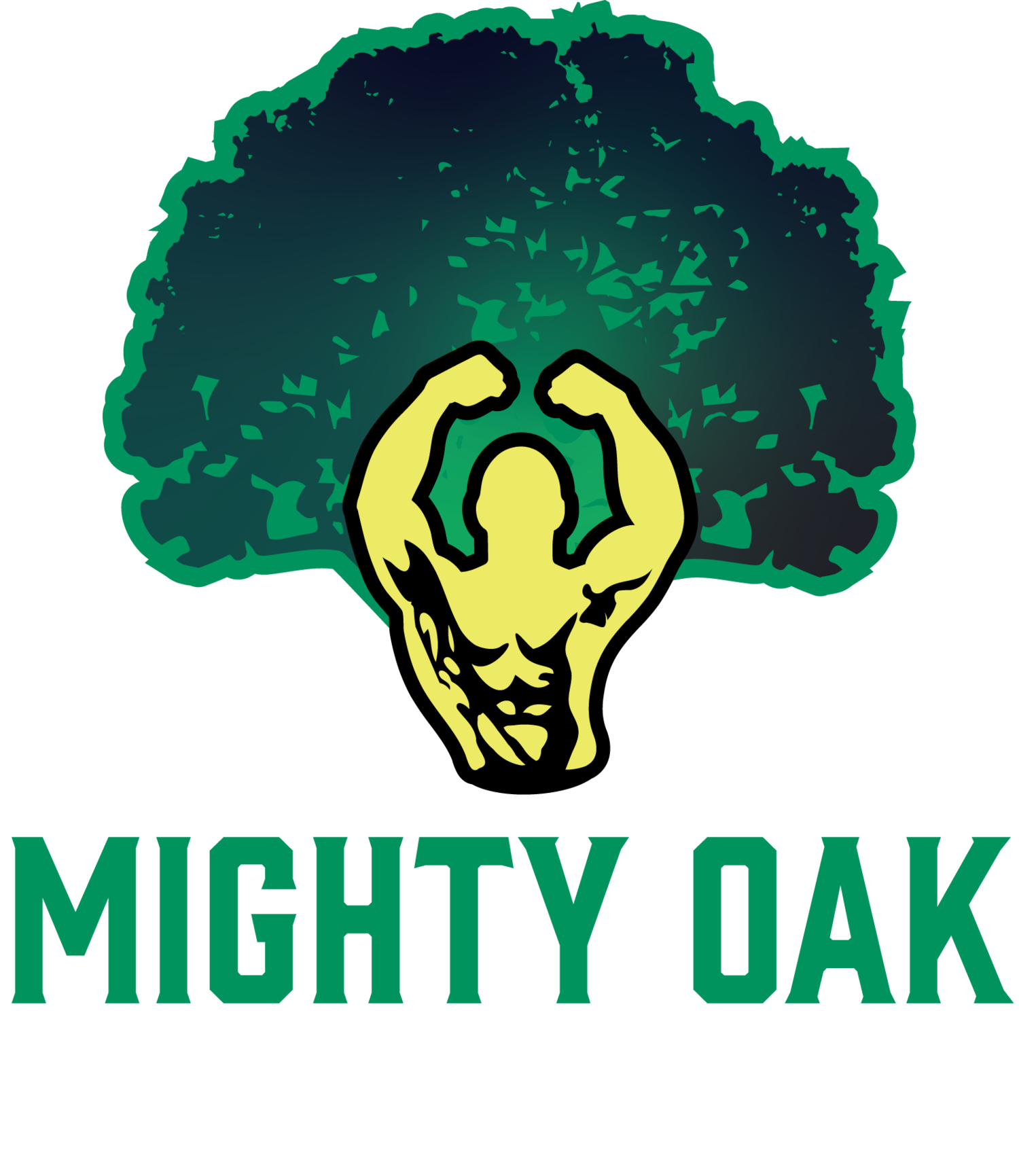The Key to Longevity: Discovering the Power of Play and Flow
Play and flow are two essential components of human experience that can significantly impact longevity and overall well-being. Steven Kotler, a leading expert on human performance, has explored the significance of these elements and how they contribute to human longevity. In this essay, I will delve into the importance of play and flow on longevity and how we can incorporate these elements into our daily lives to live longer and healthier lives.
Play is an essential element for human development and well-being. It not only provides us with enjoyment and entertainment, but it also promotes physical, social, and emotional growth. Play can improve our physical health, reduce stress and anxiety, enhance our creativity, and improve our cognitive abilities (Pellis & Pellis, 2009). Moreover, play helps us form social connections, which is an essential component of longevity. According to a study by Holt-Lunstad, Smith, and Layton (2010), social relationships have a significant impact on mortality, and individuals with strong social connections are more likely to live longer than those without.
Flow, on the other hand, is a state of complete immersion and focus that can lead to optimal experience. It is characterized by the loss of self-consciousness, a sense of timelessness, and a feeling of complete control over the task at hand. Flow experiences have been associated with increased happiness, creativity, and mental and physical health (Csikszentmihalyi, 1990). Individuals who regularly experience flow report higher levels of well-being and are less likely to experience depression or anxiety (Csikszentmihalyi & Csikszentmihalyi, 1988).
Incorporating play and flow into our daily lives can significantly impact longevity and overall well-being. Play can help us maintain physical and cognitive health and reduce stress, while flow can lead to increased happiness and creativity. Engaging in physical activities such as sports, dancing, or hiking can promote physical health, while engaging in mental activities such as puzzles or games can improve cognitive function and reduce the risk of cognitive decline. Finding activities that we enjoy and that put us in a state of flow can increase our overall well-being, leading to greater longevity.
In conclusion, play and flow are essential components of human experience that can significantly impact longevity and overall well-being. By incorporating these elements into our daily lives, we can live longer, healthier, and more fulfilling lives. We should prioritize activities that promote play and flow, as they can positively impact our physical, mental, and emotional health, leading to greater longevity and well-being.
References:
Csikszentmihalyi, M. (1990). Flow: The psychology of optimal experience. Harper & Row.
Csikszentmihalyi, M., & Csikszentmihalyi, I. S. (1988). Optimal experience: Psychological studies of flow in consciousness. Cambridge University Press.
Holt-Lunstad, J., Smith, T. B., & Layton, J. B. (2010). Social relationships and mortality risk: A meta-analytic review. PLoS Medicine, 7(7), e1000316.
Pellis, S. M., & Pellis, V. C. (2009). The playful brain: Venturing to the limits of neuroscience. Oneworld Publications.
